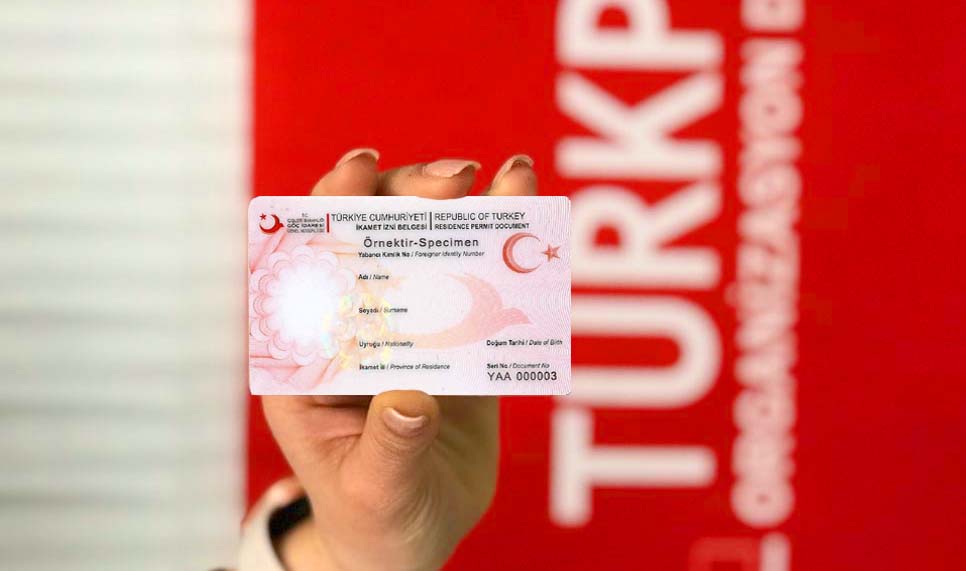By A.J. Griffiths-Jones

There was a flurry of panic last month when the Turkish Government changed their policy requirements for residency visas, causing many expats to decide to sell up and leave. Others took matters into their own hands and fulfilled the legal requisites by getting married.
However, fast-forward to June and the guidelines have reversed, without notice or explanation, causing a great deal of frustration and confusion for those seeking a long-term home in Turkiye. So, how can overseas settlers put their minds at rest when planning to make the move to sunnier climes?
One important document to procure is your original marriage certificate, which is now required to be apostilled by the Foreign Office in your place of ceremony. For example, if you were married in England, the certificate must be apostilled by the Foreign Office in London.
There are several agents and professional bodies who can arrange this for you locally, but the safest way is to use an international courier to send your papers. You will need to include passport copies for both of you.
Notaries in the UK can also complete the forms on your behalf once you send proof of identity should you prefer to use their services. Proof of marriage is also legally required to apply for SGK health insurance, with the cost for a married couple being the same as for a single person.
There are also many loopholes here regarding the names on a Tapu, or property title deed, and if only one of your names appears on the document it doesn’t necessarily mean that the other spouse is entitled to apply for a residency permit to live in Turkiye.
You can apply to have both names registered on the Tapu but expect to be asked for proof of relationship and to pay a fee. The Turkish government also recently put a minimum purchase price on properties bought by foreigners, with a requisite of over $200,000.
As the law on this was recently back-dated, to 2022, it might also be prudent for new purchasers to check the amount paid for their property appears correctly in full on the Tapu at the point of exchange.
Inheritance laws are also very different in Turkiye. It is always best to seek legal advice and to have your wishes drawn up in a legal document. Power of Attorney to a spouse is a lot more effective in giving your husband or wife control of property and finances after you pass than a written will, unless you have specific bequests and have spoken in depth to a Turkish lawyer.
This is especially important where second marriages are concerned as laws here regarding legal heirs differ greatly to those in the rest of Europe. It would be naïve to presume that if a spouse dies intestate while living in Turkiye, that is to say without a legal will, that their estate would automatically pass to their spouse.
There are many legal hoops to jump through in this matter, including the possible freezing of bank accounts and assets, so it’s far better to be prepared in the event of a sudden death than spending months trying to untangle a web of red-tape.
For now, regulations have reverted to the former guidelines, but who knows how long it will remain this way? The points mentioned here are my own observations over the past couple of months.
But things could change again overnight so do check government websites, news and community pages for the latest information. In a nutshell, there is no better time to get your house in order, quite literally, by taking positive steps to ensure that you have everything necessary for a long and peaceful retirement overseas.
